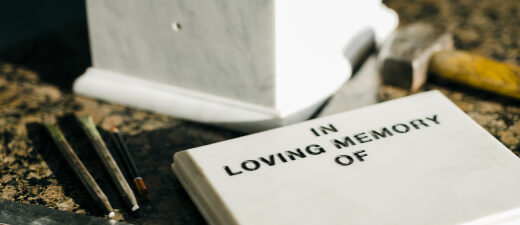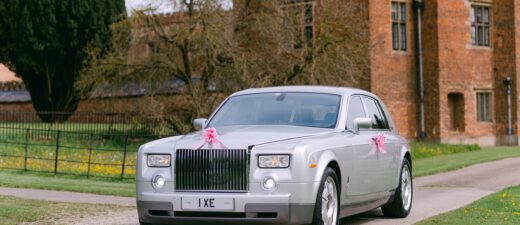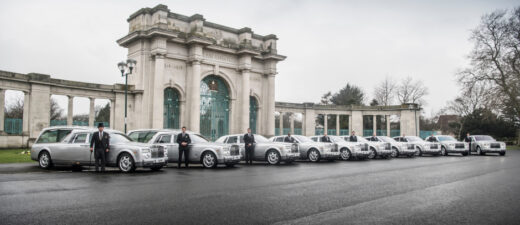Afro-Caribbean Funerals in Nottinghamshire, Derbyshire, and Mansfield
Afro-Caribbean funerals tend to be elaborate, steeped in religious ceremony (usually Protestant), based on a strong cultural heritage and considered to be the final rite of passage for those whose elders passed down specific customs from the West Indies.
There can be a period of more than a week from the time of death to the burial, possibly to accommodate the arrival of family from overseas.
The few cremations that are requested by Afro-Caribbean families take place only after the same traditional viewing and funeral service. The lowering of the body and covering of the grave is considered mandatory, which might explain the reason for small numbers of cremations.
Afro-Caribbean Funeral Traditions
There are several remaining vestiges and aspects of traditional West Indian culture surviving among the British Caribbean community.
In traditional Afro-Caribbean communities a very high premium is placed on age and the extended family/clan. Wisdom is closely associated with ageing, as in African cultures. Death is also generally associated with age as well. It is not surprising therefore that death is treated with the dignity that is reserved for the aged.
The inhibitions which so often surround death in Britain can appear strange to the Afro-Caribbean person who has been brought up in a tradition of family and community involvement in death and bereavement.
In the Caribbean the family will wish to participate as much as possible in caring for the dying and the community will offer every possible support in the bereavement.
The wake
On the first night of the death a wake is held.
This consists of an all-night vigil involving members of the family and the community. There are special traditional activities which are done at wakes. The types of activities undertaken are determined by the social class of the bereaved family. The range of activities includes traditional games, wailing, hymn singing, prayers, dancing and drum beating. These activities take place in the house where the deceased is ‘laid to rest’.
Earlier, on the day of the wake, the body of the deceased is washed and prepared by the family. She/he is then dressed in his/her best clothing and laid out on the bed. During the wake, friends and relatives file past the bed to have a last look at the departed person before the burial takes place during the following day. In many cases some personal possessions are destroyed after the funeral.
Community
The Afro-Caribbean attitude to death emphasizes the need to involve the whole community. The funeral is sometimes held on a Saturday so the maximum number can attend.
After the funeral relatives and friends will continue to support the bereaved. This community support will continue for some time afterwards.
The funeral
- Funeral dress-code is likely to include bright, sparkly ‘celebratory’ attire.
- Large ornate caskets are a likely choice of coffin.
- The funeral is likely to include joyous singing of favourite hymns, including ‘How Great Thou Art’ and ‘Amazing Grace’ and at the end of the service mourners are often invited to pass by the open-casket, to pay final respects to the deceased, before the lid is sealed down.
- The funeral is seen as a farewell thanksgiving service because a loved one is ‘going home’.
- On some occasions relatives and friends will speak at the graveside; often relatives and friends will want to fill in the grave themselves. Public and often hysterical weeping may be observed.
- The funeral for the Afro-Caribbean people is a time at which all friends, neighbours and associates within an area would come together and support the final interment of the dead person. It therefore consists of an enormous procession of people who follow behind the hearse. In the Caribbean this procession is generally on foot, in the UK it may be specially-arranged double decker bus or coach. In addition to the foot procession there may be vehicles following as well.
- As in other Christian funerals, flowers bedeck the coffin and members of the procession walk along with their contributions of wreaths to the dead person. At the grave these wreaths would be placed by the various contributors.
- Following the wake, the deceased is buried.













